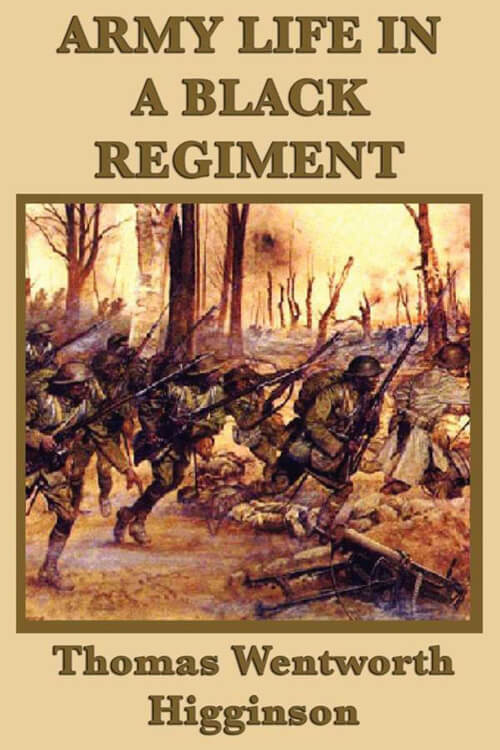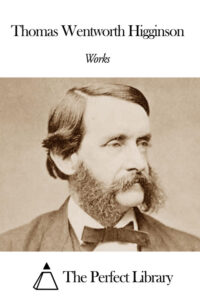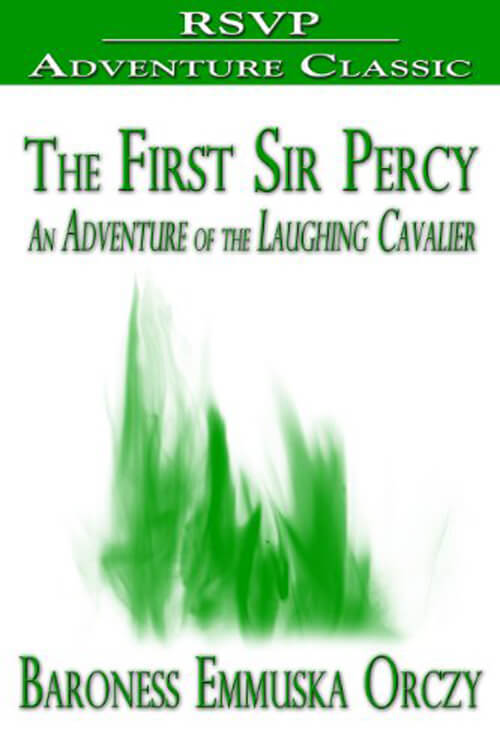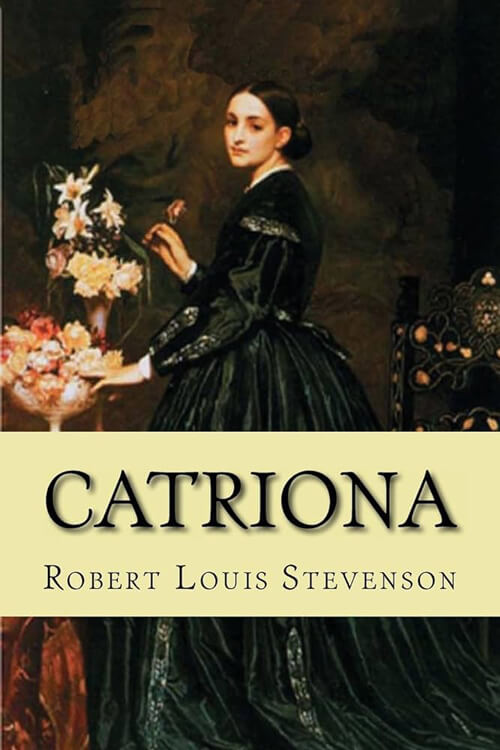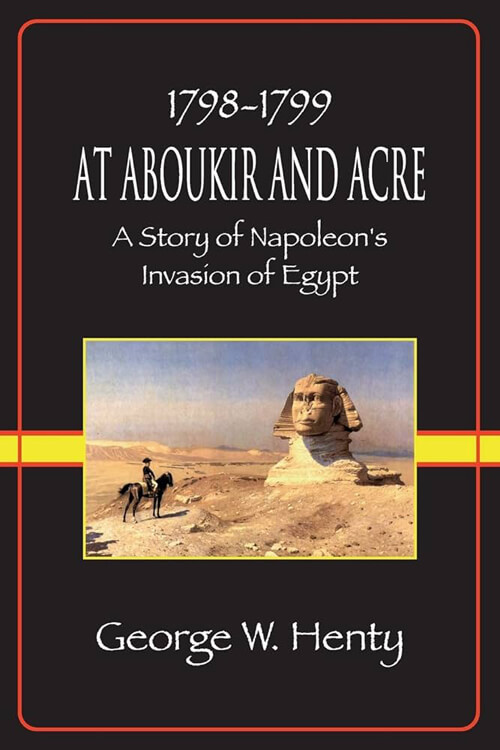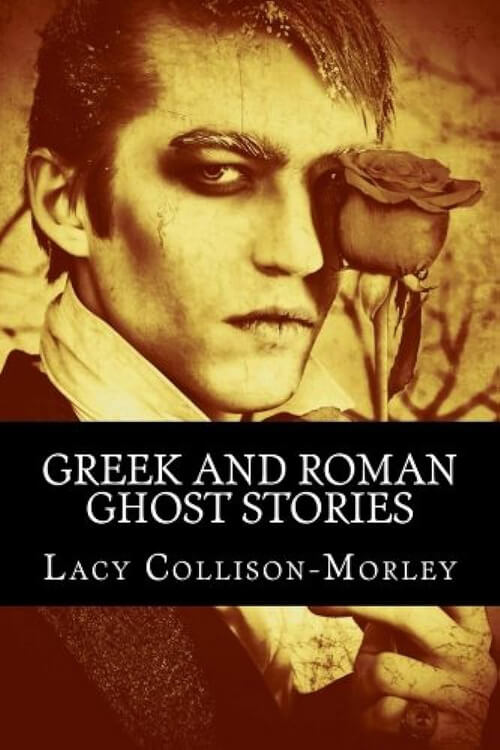
Army Life in a Black Regiment
These pages record some of the adventures of the First South Carolina Volunteers, the first slave regiment mustered into the service of the United States during the late Civil War. It was. Indeed, the first coloured regiment of any kind so mustered, except a portion of the troops raised by Major-General Butler at New Orleans. These scarcely belonged to the same class; however, they were recruited from the free-coloured population of that city, a comparatively self-reliant and educated race. “The darkest of them,” said General Butler, “were about the complexion of the late Mr. Webster.” The First South Carolina, on the other hand, contained scarcely a freeman, had not one mulatto in ten, and a far smaller proportion who could read or write when enlisted.
The only contemporary regiment of a similar character was the “First Kansas Colored,” which began recruiting a little earlier. However, it was not mustered on the usual basis of military seniority till later. These were the only coloured regiments recruited during the year 1862. The Second South Carolina and the Fifty-Fourth Massachusetts followed early in 1863. This is how I came to command this regiment. One day in November 1862, I was sitting at dinner with my lieutenants, John Goodell and Luther Bigelow, in the barracks of the Fifty-First Massachusetts, Colonel Sprague, when the following letter was put into my hands: BEAUFORT, S. C., November 5, 1862—MY DEAR SIR. I am organizing the First Regiment of South Carolina Volunteers with every prospect of success.
Your name has been spoken of in connection with the command of this regiment by some friends in whose judgment I have confidence. I take great pleasure in offering you the position of Colonel and hope you may be induced to accept. I shall not fill the place until I hear from you or sufficient time shall have passed for me to receive your reply. Should you accept, I enclose a pass for Port Royal, of which I trust you will feel disposed to avail yourself at once. I am, with sincere regard, yours truly, R. SAXTON, Brig.-Genl, Mil. Gov.
Read or download Book
Thomas Wentworth Higginson
Thomas Wentworth Higginson (December 22, 1823 – May 9, 1911) was an American Unitarian minister, author, abolitionist, politician, and soldier.
Biography
He was active in abolitionism in the United States during the 1840s and 1850s, identifying himself with disunion and militant abolitionism. He was a member of the Secret Six, which supported John Brown. During the Civil War, he served as colonel of the 1st South Carolina Volunteers, the first federally authorized black regiment, from 1862 to 1864. Following the war, he wrote about his experiences with African-American soldiers. He devoted much of the rest of his life to fighting for the rights of freed people, women, and other disfranchised people. He is also remembered as a mentor to poet Emily Dickinson. Higginson entered Harvard College at age thirteen and was elected to Phi Beta Kappa at sixteen.
He graduated in 1841 at age 18 and taught at a private school for four months, but he detested it and became “a tutor of the three children of his Brookline cousin, Stephen Higginson Perkins”. After that, in 1843, he became “a nonmatriculated student at Harvard”. In 1842, he became engaged to Mary Elizabeth Channing. He then studied theology at the Harvard Divinity School. In 1845, at the end of his first year of divinity training, he withdrew from the school to turn his attention to the abolitionist cause. He spent the subsequent year studying and, following Transcendentalist Unitarian minister Theodore Parker’s lead, fought against the expected war with Mexico. Believing that war was only an excuse to expand slavery and the Slave Power, Higginson wrote antiwar poems and went door to door to get signatures for antiwar petitions. With the split of the antislavery movement in the 1840s, Higginson subscribed to the Disunion Abolitionists, who believed that as long as slave states remained a part of the Union, the Constitution could never be amended to ban slavery.

